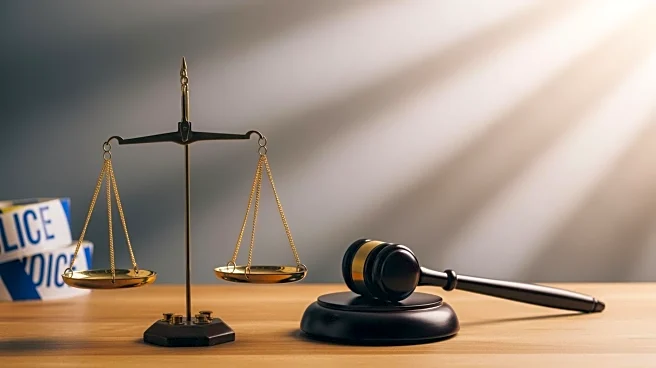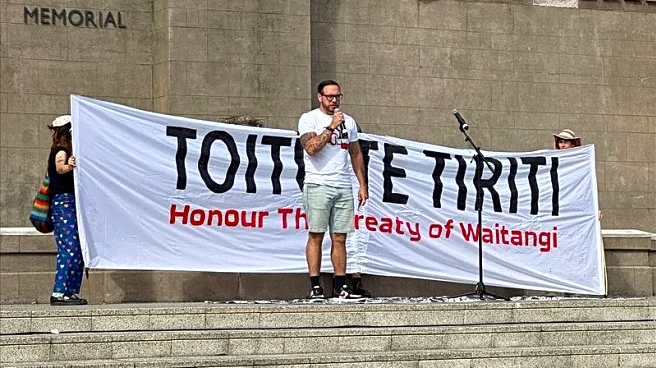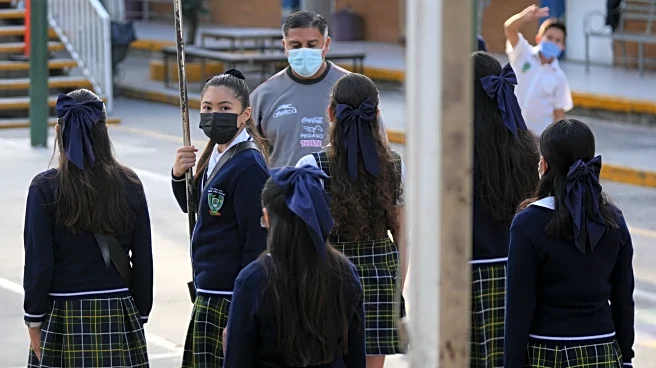What's Happening?
The U.S. District Court for the Southern District of New York has dismissed whistleblower retaliation claims brought by four former compliance officers of Shinhan Bank America. The claims were made under the Anti-Money Laundering Act of 2020 (AMLA) and
the Financial Institutions Reform, Recovery, and Enforcement Act of 1989 (FIRREA). The court ruled that the defendants waived their right to arbitrate by filing a motion to dismiss before moving to compel arbitration. The AMLA claims were dismissed due to lack of subject matter jurisdiction, as the whistleblowers had not filed a complaint with the Secretary of Labor before suing in federal court. The FIRREA claims were dismissed because the plaintiffs failed to plausibly allege that the bank was aware of their complaints to the FDIC, and the temporal proximity between the complaints and terminations was insufficient to establish causation.
Why It's Important?
This ruling highlights the complexities and limitations of whistleblower protections under AMLA and FIRREA. The decision underscores the importance of procedural compliance, such as filing complaints with the appropriate authorities before pursuing legal action. It also emphasizes the narrow interpretation of whistleblower protections, which could impact future cases involving financial institutions and their employees. The ruling may discourage potential whistleblowers from coming forward if they perceive the legal protections as insufficient or difficult to navigate. This could have broader implications for compliance and transparency within the financial sector.
What's Next?
The decision may prompt financial institutions to review their compliance and whistleblower policies to ensure they are in line with legal requirements. It could also lead to increased scrutiny of how whistleblower claims are handled by both companies and the courts. Legal experts and compliance officers may need to reassess strategies for protecting whistleblowers and ensuring that legitimate claims are addressed appropriately. Additionally, there may be calls for legislative changes to strengthen whistleblower protections and clarify the legal processes involved.

















